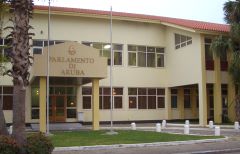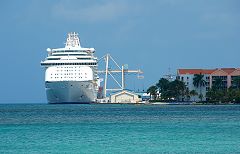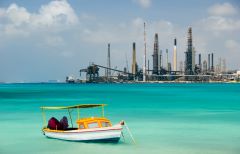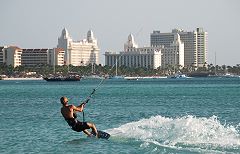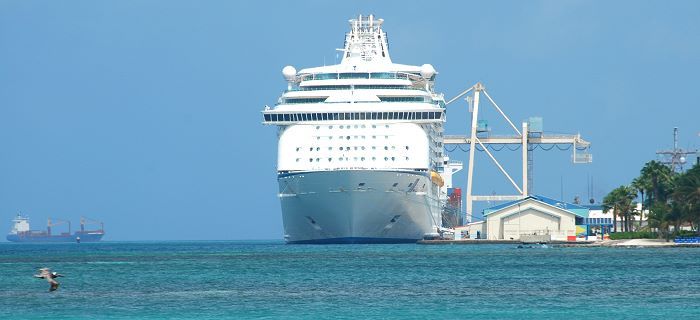
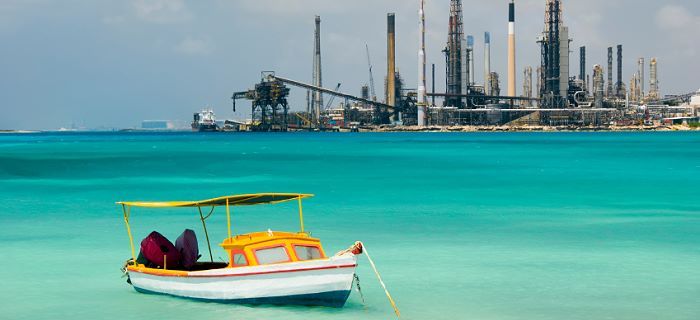
°F
-
°C
more weather...
Live Webcams
Economy & Government
Government
Since 1986, when Aruba separated from the other five islands of the Netherlands Antilles (the rest of the Netherlands Antilles was dissolved on 10 October 2010) and became a singular entity within the Kingdom of the Netherlands, it has managed its own affairs within the kingdom. Aruba's constitution provides for a governor, appointed by the queen for a six year term, to oversee the formation of local government, headed by a prime minister and legislated by a seven-member Council of Ministers.
The legislative body is a parliament, comprising 21 members elected from various island districts. Aruba handles its own internal affairs such as customs and immigration, aviation, communication, and other day-to-day matters on the island, while Holland maintains jurisdiction over defense, foreign affairs and the Supreme Court.
Economy
Aruba is a prosperous island, deriving much of its income through tourism and through remittances from Holland. Since the closing of the Lago refinery in 1985, which subsequently reopened as the much smaller Coastal Oil refinery in 1991 (purchased in 2004 by Valero, closed again in 2009), Aruba has had to rebuild its economy utilizing its most abundant resources: beachfront, clear waters, and sunshine.
In other words, the island has banked on tourism as its number one foreign income earner. The process has been successful; over the past 25 years Aruba has seen its tourism numbers increase steadily, and the government now derives nearly 30% of its income from tourism.
Cruise ship arrivals, airline flights, and the construction of new hotels and facilities have all increased at a breath holding rate, and today Aruba is one of the most popular destinations for, in particular North and South Americans.
The boom in arrivals created numerous hotels, many of them the high-rise, Miami Beach type, and of course a burst of growth in the numbers of restaurants and other facilities, including the casinos, around the island. The growth has been so rapid that the government instituted a moratorium on new hotel construction and the establishment of new tourism corporations for a year's period, and is trying to attract new businesses such as high tech, finance, and communications in the hope that a rounded economy will be beneficial in the long run.
